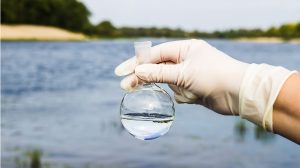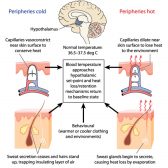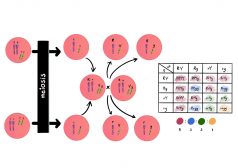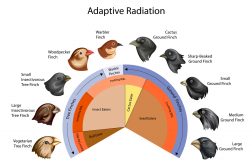Definition
noun, plural: photoautotrophs
An organism, typically a plant, obtaining energy from sunlight as its source of energy to convert inorganic materials into organic materials for use in cellular functions such as biosynthesis and respiration
Supplement
Autotrophs are the producers in a food chain, such as plants on land or algae in water. They are also referred to as the producers in the food chain and occupy the first trophic level. They are capable of manufacturing their own food by photosynthesis or by chemosynthesis. Thus, autotrophs may be photoautotrophs or chemoautotrophs. Those that synthesize food through the use of light energy are referred to as photoautotrophs. Photoautotrophs such as plants and algae provide nutrition for many forms of life.
Photoautotrophs are autotrophs that produce complex organic compounds such as carbohydrates, fats, and proteins with the absorption of light. This process mediated by light is called photosynthesis. Photosynthesis is a process wherein plants absorb light from a light source (e.g. sunlight) and use carbon dioxide, inorganic salts, and water to produce an energy-rich carbohydrate like glucose (C6H12O6) and to produce oxygen (O2) as a by-product. Photoautotrophs are land plants and photosynthetic algae. These organisms have light-capturing pigments such as chlorophyll.
Word origin: photo– (light) + auto (self) + troph (nourishment)
See also:
- autotroph
- chemoautotroph
- photolitotrophic autotroph
- phototroph
Related form(s):







